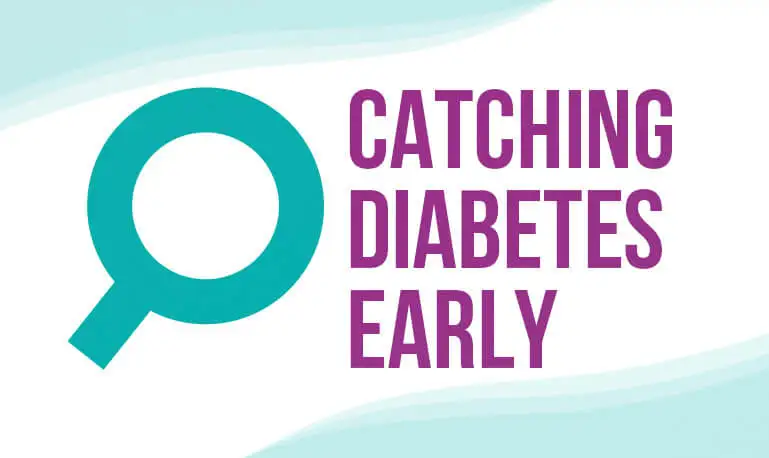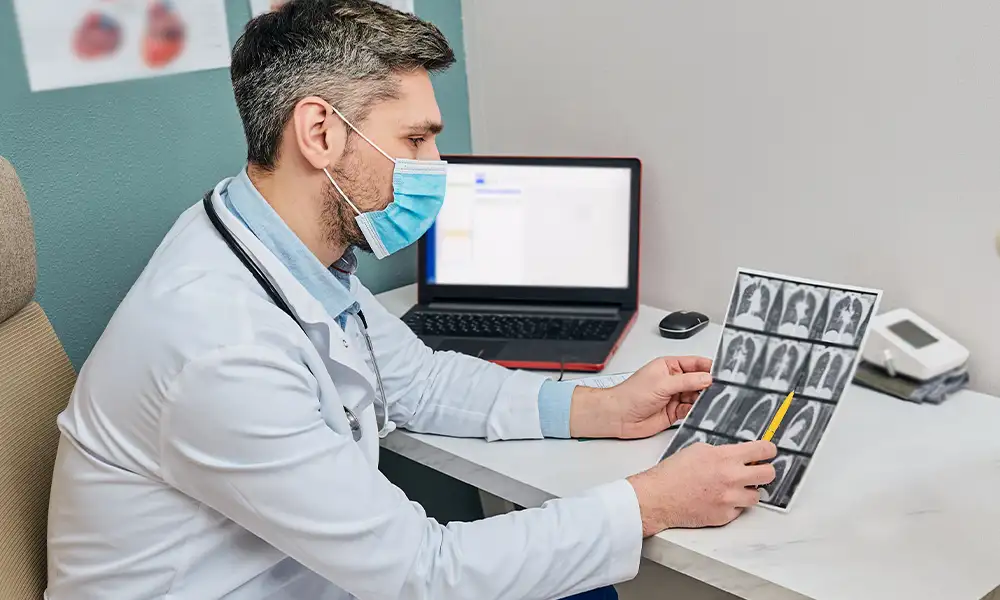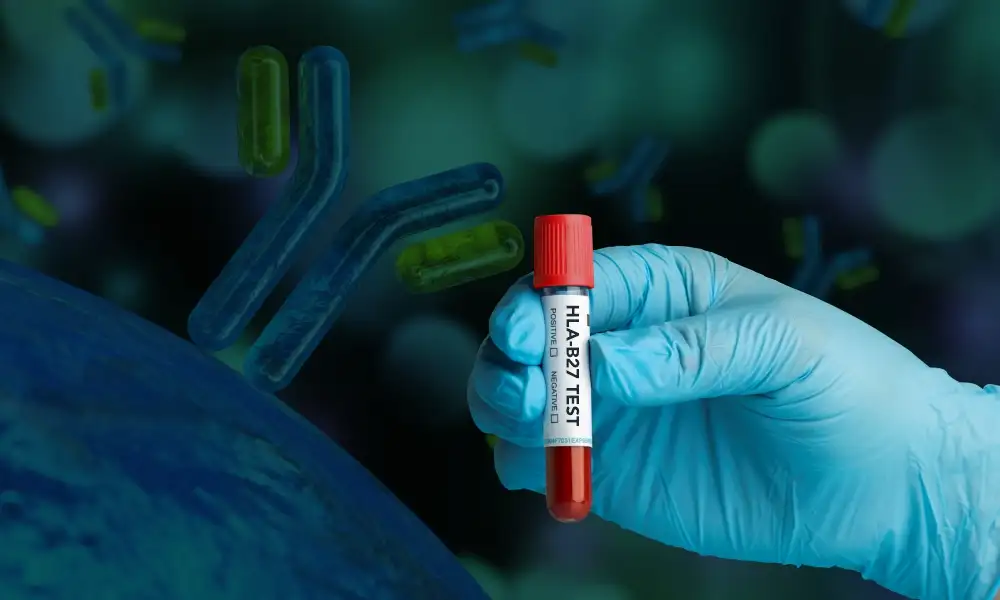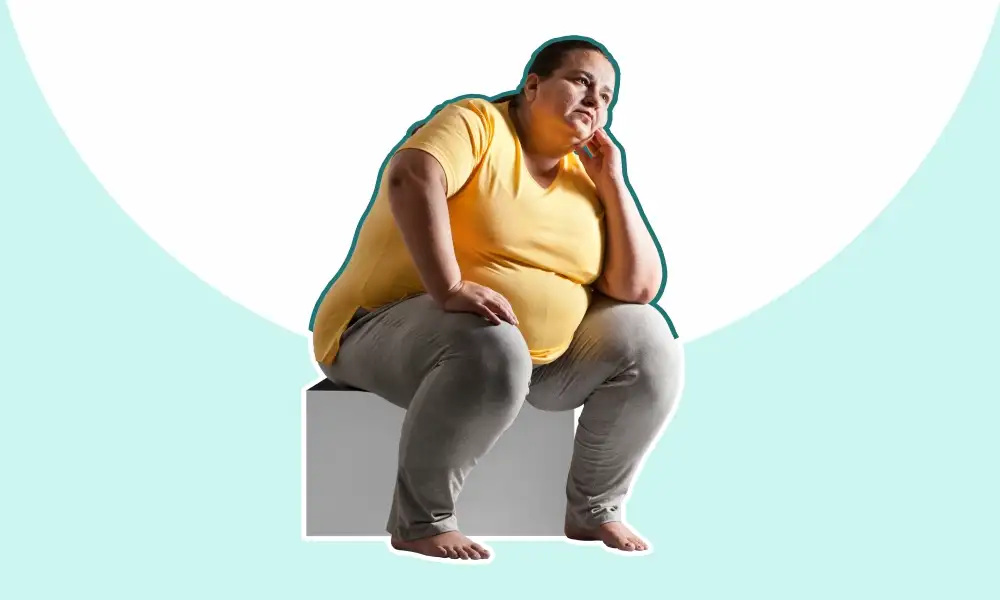Catching Diabetes Early: Signs, Diagnosis & Treatment
- February 28,2021
- 3 Min Read

India is deemed as the world’s capital of Diabetes. The diabetic population in the country is close to hitting the alarming mark of 70 million by 2025 and 80 million by 2030.1 According to a study conducted by Public Health Foundation of India (PHFI) and Harvard School Of Public Health about one in every two Indians (47%) living with Diabetes is unaware of their condition, and only about a quarter (24%) manage to bring it under control.2
The statistics recently accumulated showcase that culture of Diabetes is more prevalent in the urban areas as 28% of the population living in cities are affected, whereas 5% of the rural population are positive with Diabetes mellitus.1
Diabetes is a medical condition in which a person suffers from high blood sugar levels either because insulin production is inadequate, or body’s cell do not respond properly to insulin, or both.
Symptoms of high blood sugar include excessive thirst, increased urination, fatigue, weight loss, blurred vision, slow healing wounds, frequent infections, tingling feet and red swollen gums.
Diabetes complications are divided into micro vascular (due to damage to small blood vessels) and macro vascular (due to damage to larger blood vessels). Micro vascular complications include damage to eyes (retinopathy) leading to blindness, to kidneys (nephropathy) leading to renal failure and to nerves (neuropathy). Macro-vascular complications include cardiovascular diseases such as heart attacks, strokes and insufficient blood flow to legs.
The burden of Diabetes can be minimized by timely detection and monitoring. People with Diabetes often have life styles which contribute to their problem.
Regular health check-ups can help you catch the disease in initial stage itself. One must check their sugar levels, lipid profile and creatinine levels on a six-monthly basis and have their eye (retina) examined on yearly basis to pick up early signs of disease.
Simple lifestyle measures have been shown to be effective in preventing or delaying the onset of Diabetes. Eating healthy, being physically active and regular monitoring of blood glucose (sugar) levels can go a long way in reducing the chances of Diabetes and related health diseases.
HbA1c test evaluates the average amount of glucose in the blood over the last 2 to 3 months by measuring the percentage of glycated hemoglobin in the blood. An HbA1c test may be used to screen for and diagnose Diabetes or assess the risk of developing Diabetes. It is also used to monitor treatment for individuals diagnosed with Diabetes.
HbA1c levels are interpreted as below:
- Non-Diabetic level – < 5.7%
- Pre-Diabetic level – 5.7% – 6.4%
- Diabetic level – >/ 6.5%
Microalbumin is yet another test which can prevent complications of Diabetes at an early stage. A certain level of albumin (a protein) in your urine may be a sign of kidney damage.
Persistent rise of blood sugar levels over the period of time can lead to complications which need to be prevented by regular monitoring.
This World Diabetes Day, lets pledge to spread awareness about such complications which can be prevented by early detection, life style modification and regular health check-ups.
Want to book a test? Fill up the details & get a callback
Most Viewed
Premarital Health Screening
- 20 Min Read
Typhoid - Signs and Symptoms
- 3 Min Read
Home Isolation Guidelines - Covid-19 Care
- 5 Min Read
HLA B27 Detection: Flow Cytometry & PCR
- 1 Min Read














